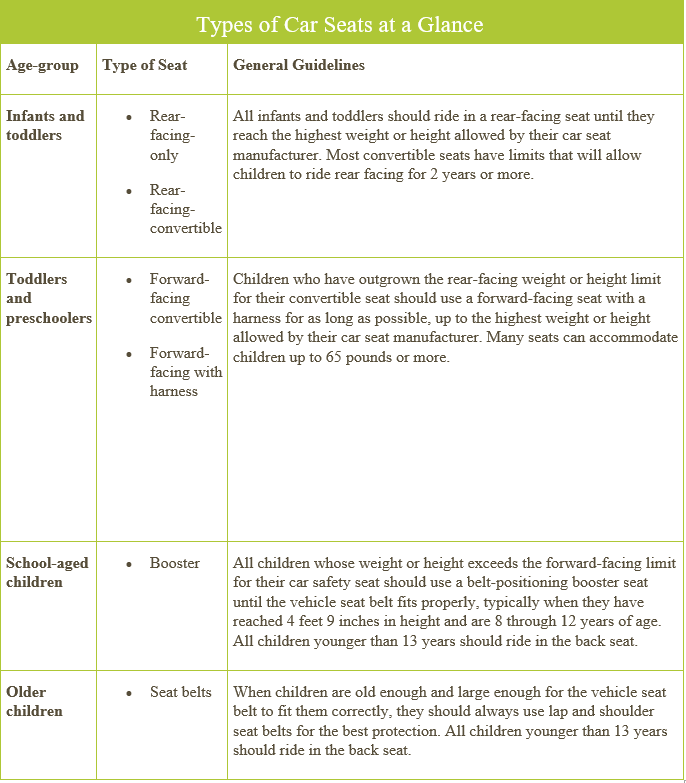By Dr. Amit Jain, NOAH Pediatrician
“There’s nothing better than having fun outdoors during school vacations. However, especially during summer here in Arizona, we here at NOAH want to remind everyone of some safety tips to keep safe while having some outdoor fun,” says Dr. Amit Jain, NOAH Pediatrician.
Protecting yourself and your children from harmful ultraviolet light exposure is important to prevent melanoma, a deadly form of skin cancer, which often strikes those who have been severely sunburned, especially during infancy and childhood.
The first line of defense against the scorching summer sun is proper clothing and keeping in the shade.
• Try to limit sun exposure during the peak intensity hours between 10am and 4pm.
• Take frequent shade breaks if staying out in the sun for long periods of time.
• Cotton clothing is protective and can also help whisk away moisture to keep you cool while playing outside. Pick tightly woven fabrics for best protection.
• Wear a hat: wide brimmed for best protection of your child’s entire face, including the nose, cheeks, chin, ears, and back of the neck.
• Get your children sunglasses with UV protection. Those from the dollar store, Walmart, Walgreens, or similar stores are nice, economical options that can be easily replaced if they break or get lost. Just be sure they’re labeled as having UV protection.
• Protect your children with a sunscreen that has an SPF (Sun Protection Factor) of 15 or greater. SPF 15 or 30 should be enough for most common uses. Apply this to all areas not covered by clothing. Don’t forget the ears, back of the neck, arms, and legs. Carefully apply around the eyes, avoiding eyelids.
• Choose a sunscreen that has the words “Broad Spectrum” on it – that will cover both UVA and UVB rays. Try to avoid sunscreens that contain oxybenzone that may have hormonal properties.
• Before applying sunscreen for the first time, test a small amount on your child’s back for an allergic reaction.
• Apply sunscreen at least 30 minutes before sun exposure, as it can take this long to become active.
• Reapply sunscreen at least every 1 hour.
• If playing in the water, reapply sunscreen every half an hour, and use a waterproof sunscreen.
• For infants less than 6 months old, avoid direct sun exposure – keep them under shade with a canopy or under a tree. Use wide brimmed hats to help cover their face, ears, and neck. Dress babies in lightweight clothing that covers their arms and legs as well. If this is not available, apply small amounts of sunscreen with a minimum SPF of 15 to your baby’s face, hands, and legs.
• Don’t forget to use sun protection even on cloudy days, as the harmful ultraviolet rays from the sun can even come through clouds.
• Contact your pediatrician if you develop a sunburn, rash, or blistering.
Resources:
American Academy of Pediatrics: https://www.aap.org/en-us/about-the-aap/aap-press-room/news-features-and-safety-tips/Pages/Swim-Safety-Tips.aspx
Healthy Children: https://www.healthychildren.org/English/safety-prevention/at-play/Pages/Swimming-Pool-Safety.aspx


